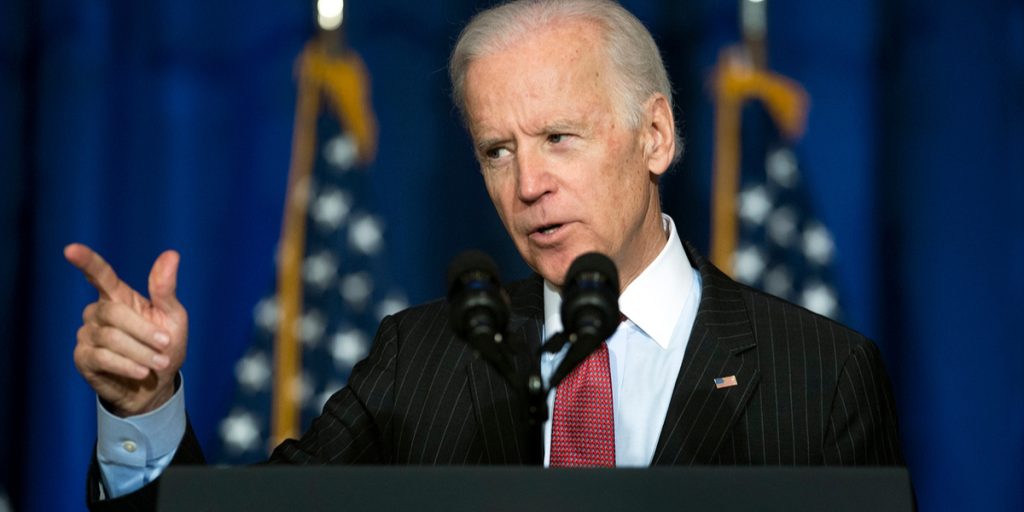Others are reading now
US President Joe Biden, in a recent address, urged Congress to promptly support additional funding for Ukraine. He emphasized the urgency of the situation, stating that approval of this aid “cannot wait any longer” and should be secured before the Christmas holiday break.
Biden highlighted that failing to support Ukraine would effectively be handing Russian President Vladimir Putin a significant advantage.
Biden expressed concern about the broader implications of Russia’s actions, warning that Putin’s ambitions extend beyond Ukraine. He cautioned that if Russia succeeds in capturing Ukraine, it is unlikely to stop there. Biden suggested that Putin might then target a NATO ally, which would compel the United States, as a NATO member, to defend its allies.
This scenario, according to Biden, could lead to a direct conflict involving American troops fighting Russian forces.
Also read
The US President stressed that allowing Russia to triumph in Ukraine would only bolster Putin’s position. He highlighted the gravity of Russia’s war crimes in Ukraine, including the abduction of children and destruction of civilian infrastructure, underlining the moral imperative to support Ukraine in its defense.
This call for support comes amidst a critical juncture in the US Senate, where Democrats have proposed a national security funding package worth about $111 billion. This package aims to assist Ukraine and Israel and includes measures for protecting the US southern border.
However, political disagreements, particularly around immigration and border protection, have stalled the approval of additional financial aid for Ukraine. Republicans are pushing for stricter immigration control measures, which is a point of contention with the Democrats.
Biden’s address underscores the international and domestic complexities of the situation in Ukraine and the broader geopolitical implications of Russia’s aggression.


